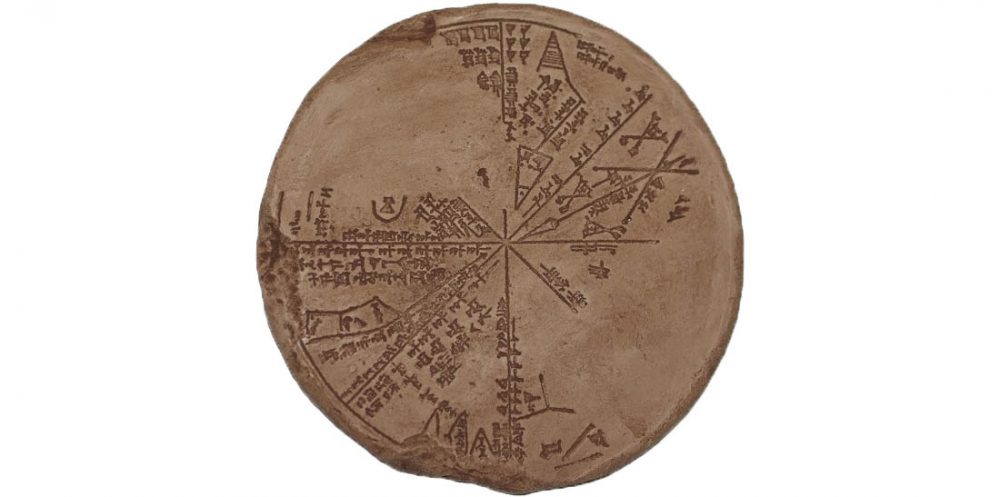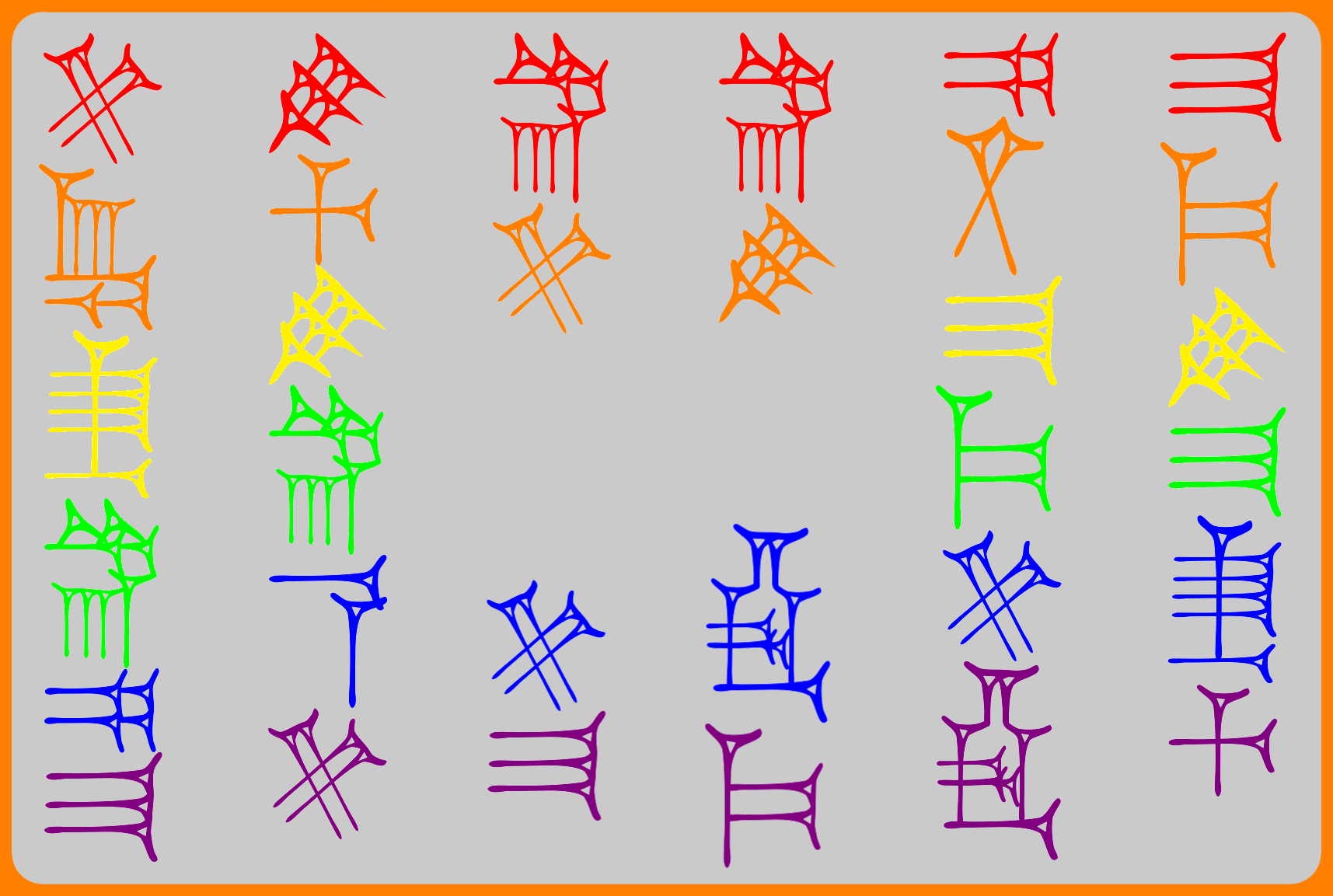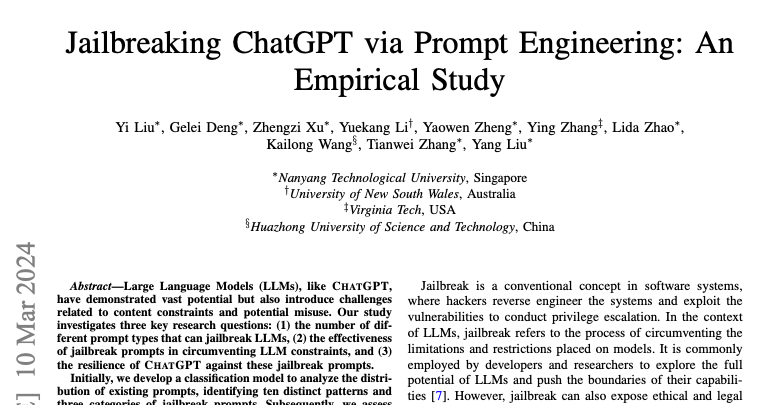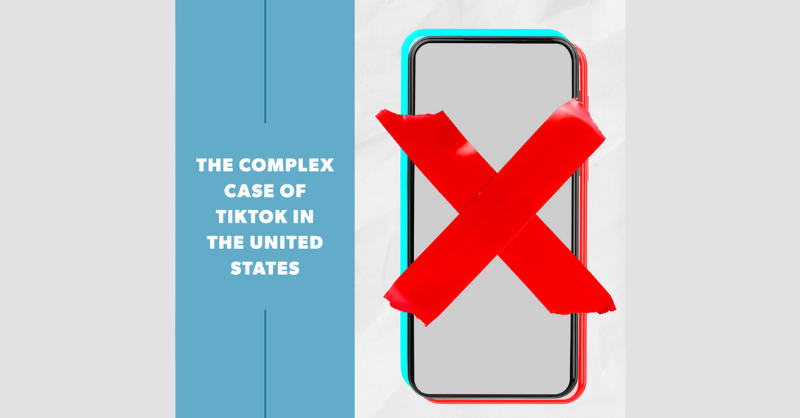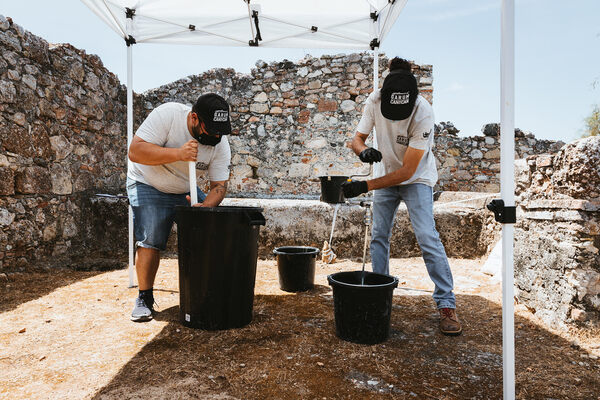
The Team Resurrecting Ancient Rome’s Favorite Condiment
On a sunny day in May, a dozen people met in the Roman ruins of Troia, in what is now Portugal, with a recipe. The ingredient list? 400 kilos of sardines, 150 kilos of sea salt, and 350 liters of seawater. The group included archaeologists, nutritionists, palynologists, ichthyologists, and, of course, one skilled chef. They had assembled to experimentally recreate garum, the ancient fish sauce of the Roman Empire, just as it was originally produced.
The group patiently gutted the small fish with two or three cross-cuts, threw them into ancient stone tanks, and covered them with brine made by combining the salt and seawater with a metal paint paddle. Their goal was to return garum to the Portuguese diet.
“The rescue of this part of our history can reconnect us with the way we ate in this land centuries ago,” says chef Pedro Almeida, one of the members of the Garum Lusitano, or Portuguese Garum, project. Troia, a quiet peninsula on the southwest coast of Portugal, is best known as a family summer destination. But some 2,000 years ago, it was an important economic engine for the Romans.
The site of Troia produced literally tons of the stinky and delicious sauce that shaped Roman palates—and that filled thousands of amphorae shipped to Rome and other provinces. Similar large-scale sites existed in North Africa and Spain. But none was as crucial as the 13-mile-long, narrow, sandy peninsula, which provided all the raw materials needed for what researchers consider the most prominent fish-salting production center of the Roman Empire currently known. They have identified 200 visible tanks distributed in 29 salting factories with a production capacity of 1.4 million liters, and they estimate the complex produced twice as much between the 1st and 5th centuries.
/https://public-media.si-cdn.com/filer/9f/61/9f610676-9962-4627-ae89-bf59fc6cb735/lod_mosaic_lower_register_web.jpg)
